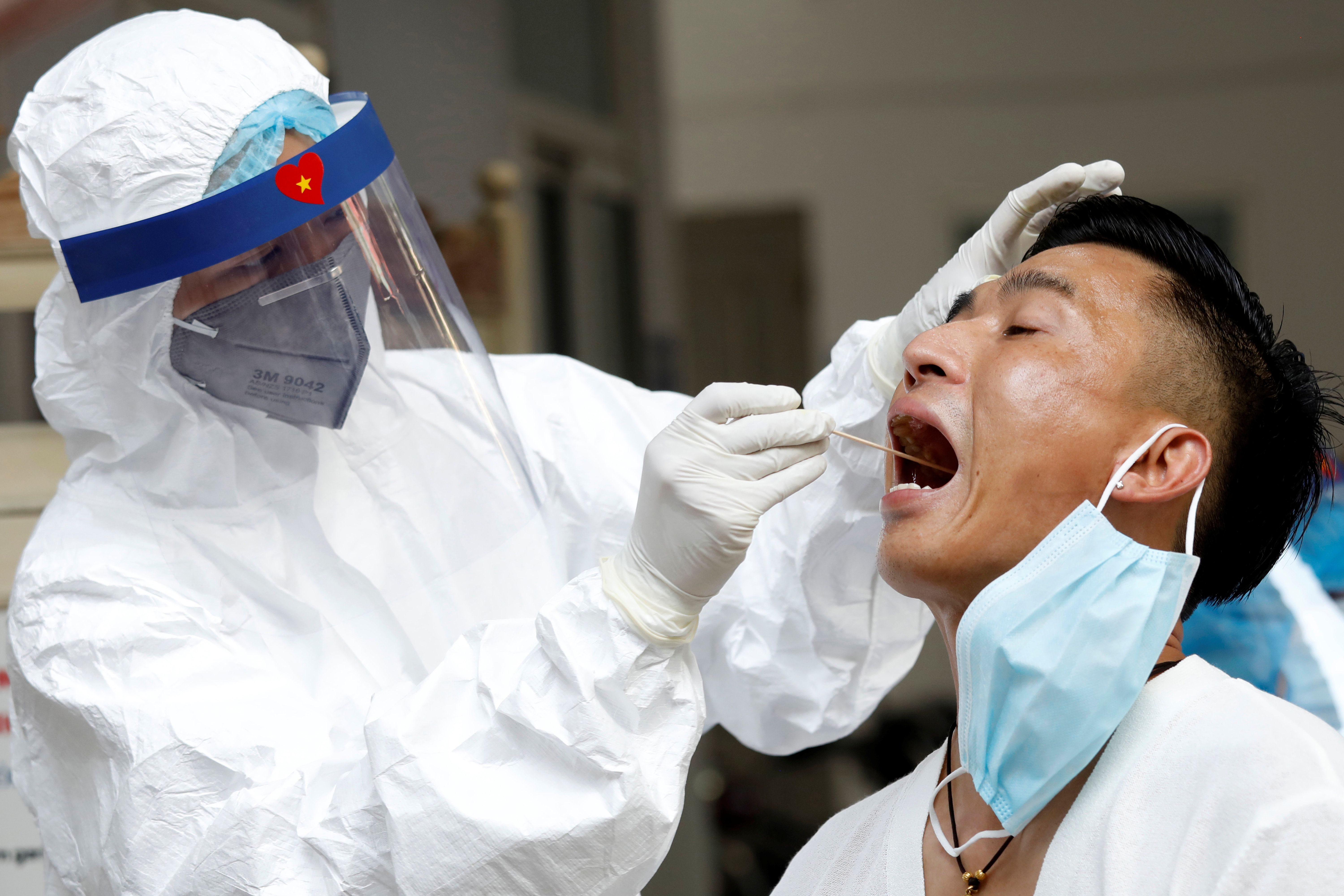What We're Watching: COVID back in Vietnam, more Scots want independence, DRC violence spikes
Vietnam vs coronavirus (round 2): After going three months with no local transmissions of COVID-19, Vietnam is worried about a resurgence of the disease after a recent outbreak in the coastal city of Da Nang that has already spread to 11 other locations throughout the country. Authorities in Vietnam — widely considered a global success story in handling the pandemic thanks to its aggressive testing, contact-tracing and quarantines — believe the Da Nang outbreak is tied to an influx of domestic tourism there after lockdown restrictions were recently eased by the government. As a precaution, they have converted a 1,000-seat Da Nang sports stadium into a field hospital to treat the sick in case local hospitals become overwhelmed. More than 1,000 medical personnel, assisted by Cuban doctors, have been sent there to screen residents, and the capital Hanoi plans to test 72,000 people who recently returned from Da Nang. Will Vietnam prevail again in its second battle against COVID-19?
Scottish independence pressures: Support for Scottish independence has surged to 53 percent in a new YouGov poll, as nationalists capitalize on what many perceive to be Scotland's much better response to the coronavirus pandemic than that of the UK government in London. Six years ago, a small majority of Scots voted to remain part of the UK in an independence vote that ended 55/45. But even before COVID-19 struck, Brexit — which was unpopular in Scotland — stoked calls for a second referendum. The question now is whether British Prime Minister Boris Johnson will agree to hold another plebiscite on Scottish independence. So far he's rejected the possibility, and his Conservative Party's comfortable majority in parliament means he's under little pressure to change his mind. But if the pro-referendum Scottish National Party sweeps next year's parliamentary election in Scotland (as expected), things could get more interesting.
Violent escalation in the DRC: Over 1,300 people have died in attacks by different armed groups in the resource-rich eastern Democratic Republic of Congo (DRC) in the first six months of 2020, almost triple the amount of deaths compared with the same period last year. The violence is particularly intense in Ituri, a gold mining region where the Hema ethnic group, who are predominantly herders, are fighting Lendu sedentary farmers (19 civilians were killed in Ituri this past weekend alone). In 2003, a bloody ethnic conflict in Ituri prompted the European Union to deploy its first foreign peacekeeping mission, while the UN has warned that such attacks could be considered crimes against humanity. But such violence is not new for the people of DRC, where dozens of armed militias have been terrorizing local populations for over 30 years and war over control of mining resources has displaced over 5 million people since the early 1990s.
